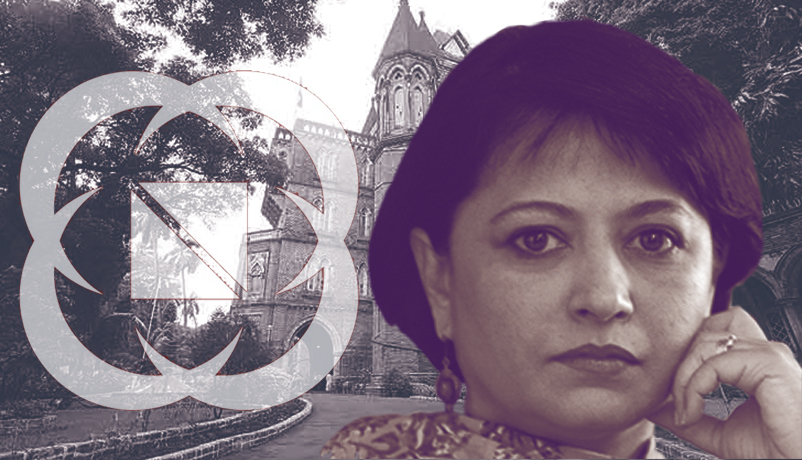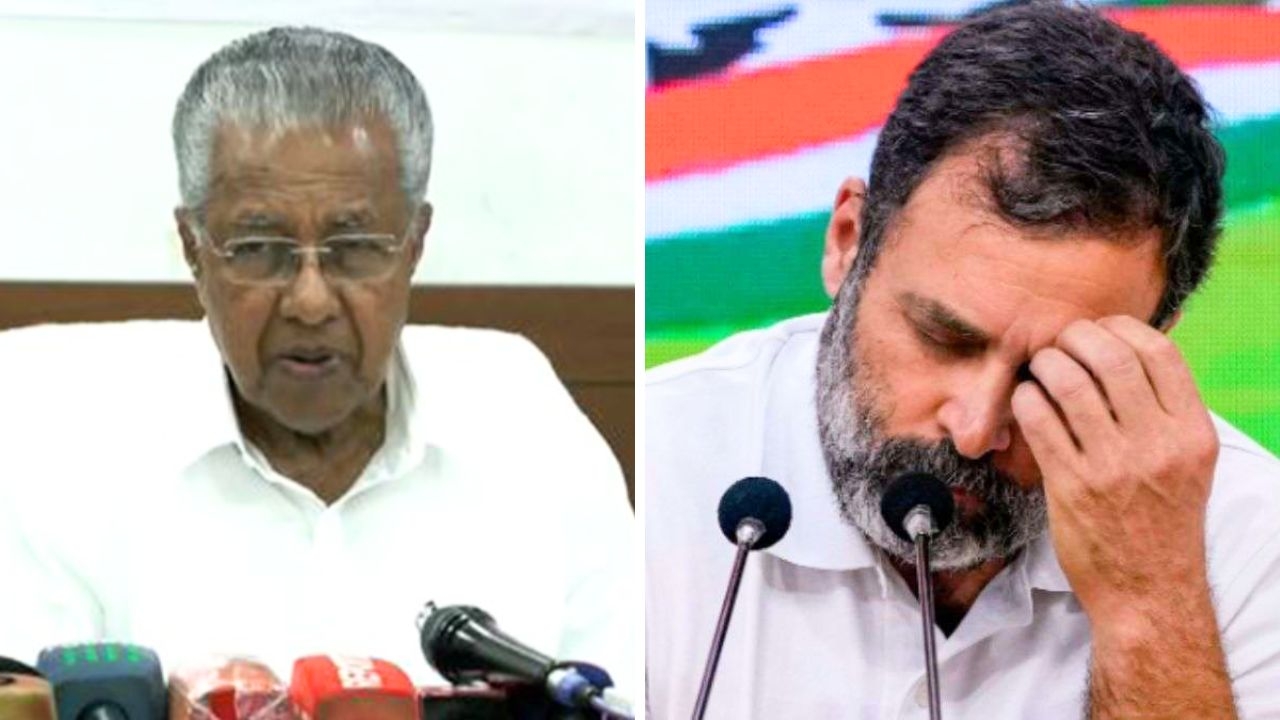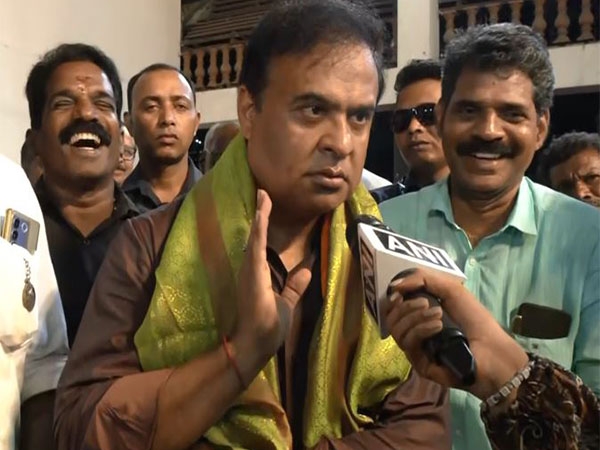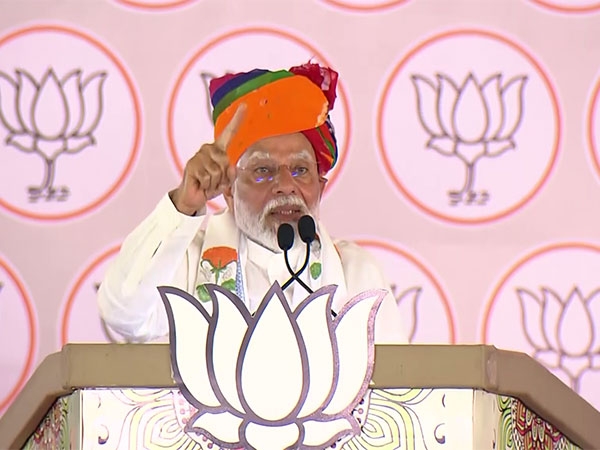Victory for press freedom: Moneylife David trumps NSE Goliath

The battle
- Moneylife ran an article claiming the NSE was being manipulated
- High-frequency trading was being used to benefit a few select firms
- NSE sued the news portal, seeking Rs 100 crore in damages
The victory
- On 9 September, the Bombay HC dismissed the suit
- It fined the exchange Rs 50 lakh, part of which will go to the portal
- The verdict may encourage NSE brokers to speak up against wrongdoings
In a major victory for the freedom of press, the Bombay High Court, on 9 September, dismissed the National Stock Exchange's defamation suit against Moneylife news portal.
The NSE had brought the suit after Moneylife ran an article by Sucheta Dalal claiming that a few select firms were using high-frequency trading to massively manipulate the exchange.
To substantiate the claim, they published a letter from an unnamed whistleblower, who claimed to be based in Singapore. The letter, dated 14 January 2015, was written to BK Gupta, a Deputy General Manager at market regulator SEBI, and copied to Dalal.
It explained the technical manipulation that allowed select firms to amplify their advantage over others and make several crore rupees illegally.
"The most shocking aspect is that when the matter came to knowledge of NSE's management, they chose to hush it up rather than come out in the open," the letter alleged.
To verify the claims, Moneylife reached out NSE's management and SEBI for comment. Specifically, they asked what action the exchange and the regulator planned to take in light of the explosive allegations.
Their first email went to SEBI chairman UK Sinha on 11 June, and was copied to NSE CEO Chitra Ramakrishnan and Vice Chairman Ravi Narain. A reminder via text message was sent four days later. When they didn't reply, Moneylife published the article on 19 June.
On 8 July, the portal published another article which sought an investigation into high-frequency trading.
On 21 July, the NSE, under pressure to act, filed its lawsuit, seeking Rs 100 crore in damages from Moneylife and immediate removal of the article. The portal, however, refused to take down the piece and resolved to fight the powerful stock exchange in court.
Shot in the arm
In the end, David prevailed against the Goliath.
The court observed that NSE's refusal to respond to Dalal's repeated queries prior to the article's publication "either amounted to egregious arrogance or meant there was truth in the allegations put forth".
It also fined the country's premier stock exchange Rs 50 lakh. Of this, Rs 1.5 lakh each will go to Dalal and Debashis Basu, the editor of Moneylife, while Rs 23.5 lakh each will be donated to Tata Memorial and Masina hospitals within two weeks.
NSE's lawsuit sought Rs 100 crore in damages and removal of the article. Moneylife refused
This is a landmark verdict, not least because corporate interests often use their power and money to try and stifle the media's reporting of their wrongdoings. In August, Essar Group filed a lawsuit, seeking damages of Rs 250 crore, against The Caravan magazine for publishing an article exposing the group's shady business practices.
Not surprisingly, people working in the corporate world rarely speak out against any wrongdoings they witness.
Indeed, even after the high court's verdict, most NSE brokers wouldn't talk about the exchange's wrongdoings. Those who did agree to speak with Catch did so off the record. Most of them complained that the NSE, unlike its regulator SEBI, isn't accountable to the public. It's, of course, accountable to the high-frequency traders who use, and allegedly manipulate, it.
"Maybe this judgment will allow the brokers to finally speak out. Many of them are afraid to do so, which is a pity," says Surjit Bhalla, chairman of Oxus Investments.
Take them to task
The brokers say NSE's unaccountability is even more serious than even the issue of its monopoly. The NSE has practically been unaccountable ever since it was established in 1992. SEBI, on the other hand, is accountable to the capital markets as well as the country's finance minister.
And while SEBI changes its chairman every three years, the NSE is the only public or quasi-public entity where the top management has remained the same for the past 25 years.
"Simply put, it's nepotism," says one trader. "The NSE is also not open to RTI." In this regard, the NSE stands with that other monopolist, the Board of Control for Cricket in India.
Dalal agrees: "Well, when it started, the NSE was an alternative to the BSE. Everyone supported it. Everyone felt it was a professional organisation," she says. "And today? Which government norm allows the same four people to remain at the top for over 20 years?"
This judgment may allow the brokers to finally speak out against the wrongdoings, says @surjitbhalla
The NSE, Dalal points out, has "Rs 1000 crore net profit and zero oversight. They control everybody. Makes no sense."
Bhalla adds, "The NSE has been known to be arrogant and monopolistic in its attitude and practices."
Will today's verdict bring about any change? The court has sent a clear message to public institutions that if somebody seeks accountability or answers from them, they can't just reply with a defamation suit.
Trying to muzzle people instead of answering them with facts, the court implied, defeats the very idea of accountability. And it creates a system where people are fearful of speaking their mind.
Not unlike the NSE, where the brokers have been scared into a chilling silence. They won't venture to speak out and expose wrongdoings until a semblance of accountability is brought to the system.
"No, not really. They won't speak out because of this judgment," says Dalal. "They will only speak up when the regulator and the policymakers show they want to clean up."
Someone has to give them an assurance that there won't be any vindictive action against them."
First published: 10 September 2015, 1:25 IST






![BJP's Kapil Mishra recreates Shankar Mahadevan’s ‘Breathless’ song to highlight Delhi pollution [WATCH] BJP's Kapil Mishra recreates Shankar Mahadevan’s ‘Breathless’ song to highlight Delhi pollution [WATCH]](http://images.catchnews.com/upload/2022/11/03/kapil-mishra_240884_300x172.png)

![Anupam Kher shares pictures of his toned body on 67th birthday [MUST SEE] Anupam Kher shares pictures of his toned body on 67th birthday [MUST SEE]](http://images.catchnews.com/upload/2022/03/07/Anupam_kher_231145_300x172.jpg)






